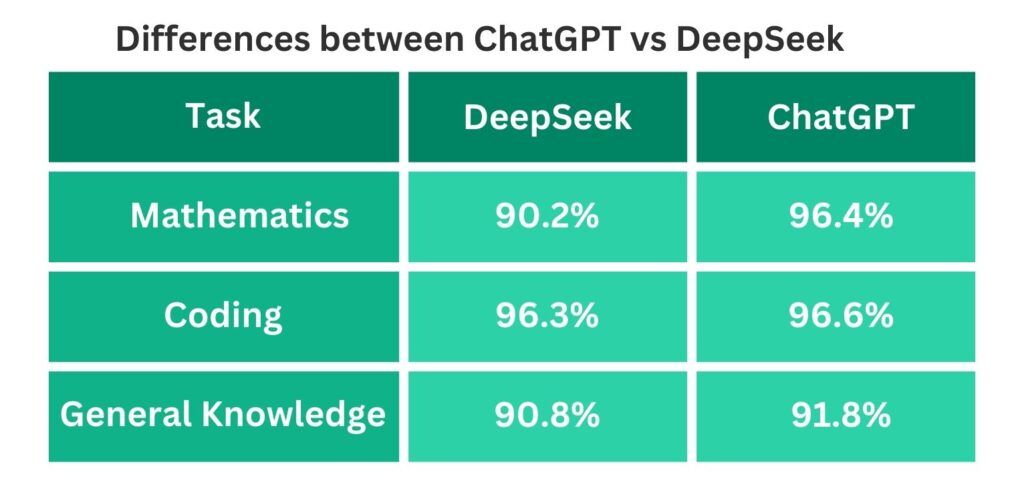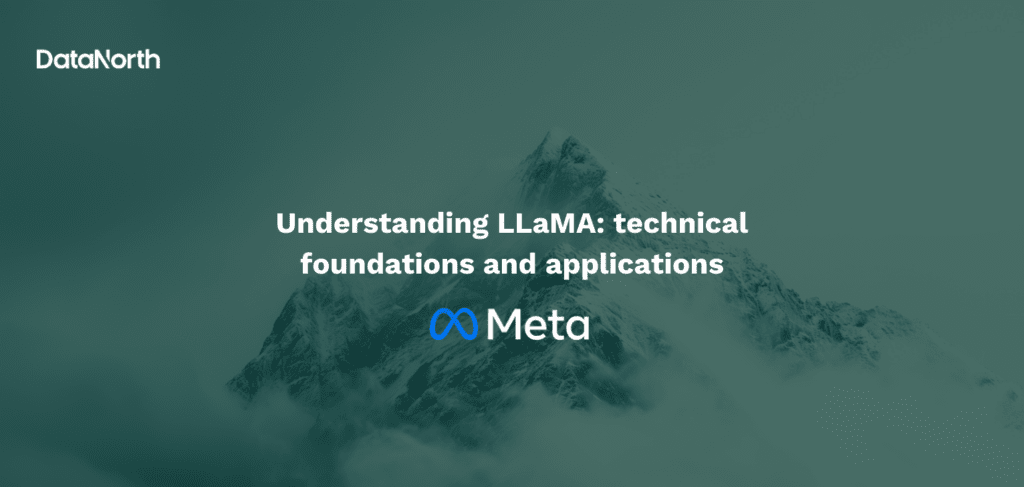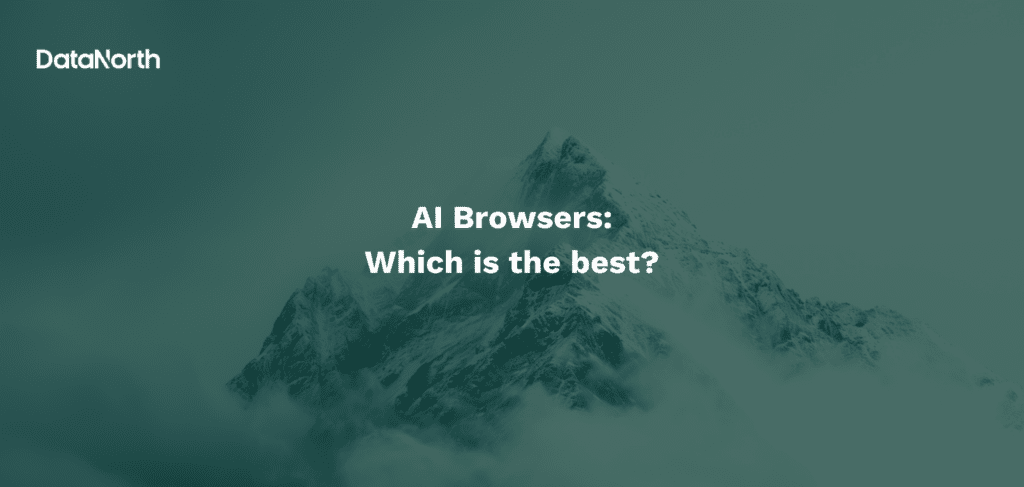The AI race has long been dominated by Western companies like OpenAI, Google, and Microsoft. However, the AI world has faced some turns in January 2025, when DeepSeek, a Chinese AI startup, emerged as a major competitor to the Western tech giants.
With its innovative low-cost development and record-breaking adoption, DeepSeek has emerged as a serious competitor in the AI industry while also sparking controversy over data privacy and intellectual property.
In this article, we’ll explore DeepSeek’s rapid rise, its impact on the market, and the challenges it faces regarding privacy, security, and legal concerns, along with its latest developments in September 2025.
What is DeepSeek?
Founded in May 2023 in Hangzhou, DeepSeek operates as an independent AI research lab under High-Flyer, a Chinese hedge fund. Unlike other AI firms that rely on experienced engineers, DeepSeek recruited top PhD students from Chinese universities, prioritizing research over commercial applications.
This unconventional approach has paid off spectacularly, with DeepSeek’s chatbot app surpassing ChatGPT as the most downloaded free app on the U.S. iOS App Store in January 2025. As of September 2025, DeepSeek continues to gain global traction, becoming the most popular AI model on Hugging Face with over 10.9 million downloads.
DeepSeek’s market impact
DeepSeek’s sudden rise shook up not only the AI industry but also the global stock market. Investors reacted rapidly to the news, fearing that DeepSeek’s low-cost, high-performance model could disrupt the competitive landscape and challenge established AI giants.
DeepSeek’s launch in January 2025 caused one of the biggest market shifts in AI history :
- Nvidia’s stock dropped 18%
- Microsoft, Meta, and Alphabet lost between 2.1% and 4.2%
- Dell Technologies fell by 8.7%
The impact has persisted through 2025, with analysts now recognizing that DeepSeek has fundamentally changed the AI narrative by creating two distinct pathways to AI development: a low-cost path and the traditional high-investment approach.
Latest developments: September 2025 updates
DeepSeek V3.1 Terminus release
In September 2025, DeepSeek released its latest model update, DeepSeek V3.1 Terminus, addressing key user feedback and improving performance. The updated model features enhanced language consistency, reducing Chinese-English mix-ups and eliminating random character issues that plagued earlier versions.
The new model also boasts stronger agent capabilities, including improved Code Agent and Search Agent performance, making it more competitive for enterprise applications. According to DeepSeek’s metrics, V3.1 Terminus showed marginal improvements across several benchmarks, though it experienced a slight decline in Chinese-language web browsing tasks.
Landmark peer reviewed research
In a significant milestone for AI transparency, DeepSeek became the first major language model to undergo peer review, with its research published in Nature in September 2025. The peer-reviewed paper revealed that DeepSeek’s R1 model cost only $294,000 to train, substantially less than the tens of millions required for rival models.
This landmark publication confirmed that DeepSeek’s success stemmed from innovative reinforcement learning techniques rather than training on competitors’ outputs, addressing earlier intellectual property concerns.
DeepSeek vs ChatGPT: Updated comparison
The rise of DeepSeek has led to ongoing comparisons with ChatGPT. While both are powerful AI models, their design, pricing, and performance continue to differ significantly.

Smarter or just more efficient?
DeepSeek brings a unique approach to AI with its Mixture-of-Experts (MoE) model, which includes 671 billion parameters but only activates 37 billion at a time. This architecture makes it faster and more cost-efficient, as it doesn’t use unnecessary computing power.
ChatGPT follows a more traditional transformer-based model with 175 billion parameters, all running simultaneously. While this allows ChatGPT to handle complex tasks well, it also makes it more expensive and resource-intensive.
Development costs
The cost difference between the two models remains striking :
- DeepSeek R1: $294,000 to train (plus $6 million for base model)
- ChatGPT: Costs billions of dollars to train and maintain
Cost for users
DeepSeek continues to offer significantly lower pricing for businesses and developers :
- DeepSeek: $0.55 per million input tokens, $2.19 per million output tokens
- ChatGPT: $15 per million input tokens, $60 per million output tokens
DeepSeek-R1 remains 20 to 50 times less expensive than OpenAI’s o1 model, depending on the specific application.
Competition and market dynamics
DeepSeek faces increasing competition in China’s rapidly evolving AI landscape. Competitors like Alibaba’s Qwen series and ByteDance’s Doubao have gained popularity among both corporate and individual users. Data from Chinese cloud computing services shows that while DeepSeek represented over 99% of open-source model usage in the first quarter of 2025, this dominance has significantly decreased by May 2025.
Despite domestic competition, DeepSeek continues to garner significant global attention and maintains its position as a disruptive force in the international AI market.
Privacy and security concerns persist
Privacy concerns that emerged in early 2025 continue to challenge DeepSeek’s global expansion. Italy’s ban on the app due to GDPR violations remains in effect, and European regulators continue to monitor the company’s data handling practices.
The ongoing concerns about Chinese government access to user data under China’s National Intelligence Law continue to create barriers for expansion in Western markets.
DeepSeek’s future roadmap
Looking ahead, DeepSeek has outlined ambitious plans for 2025 and beyond. The company aims to develop multimodal capabilities with audio integration, private model hosting options for enterprises, and lightweight models optimized for edge computing. Additionally, DeepSeek plans to launch an open-source reinforcement learning environment to promote AI safety and transparency.
Is DeepSeek reshaping the AI landscape?
DeepSeek has fundamentally disrupted the AI landscape by proving that effective AI models can be developed at a fraction of traditional costs. Its success has created a bifurcated market with low-cost and premium AI pathways, potentially leading to more accessible AI products for consumers while maintaining high-end enterprise solutions.
The company’s commitment to open-source development and peer-reviewed research has set new standards for transparency in AI development. However, geopolitical tensions and privacy concerns may limit its expansion in Western markets.
As AI continues to evolve rapidly, businesses need trusted insights and strategies to navigate this complex landscape. At DataNorth, we help companies understand emerging technologies like DeepSeek while ensuring compliance with evolving regulations. Get in touch with us today to see how your business can harness the power of AI responsibly and effectively.





